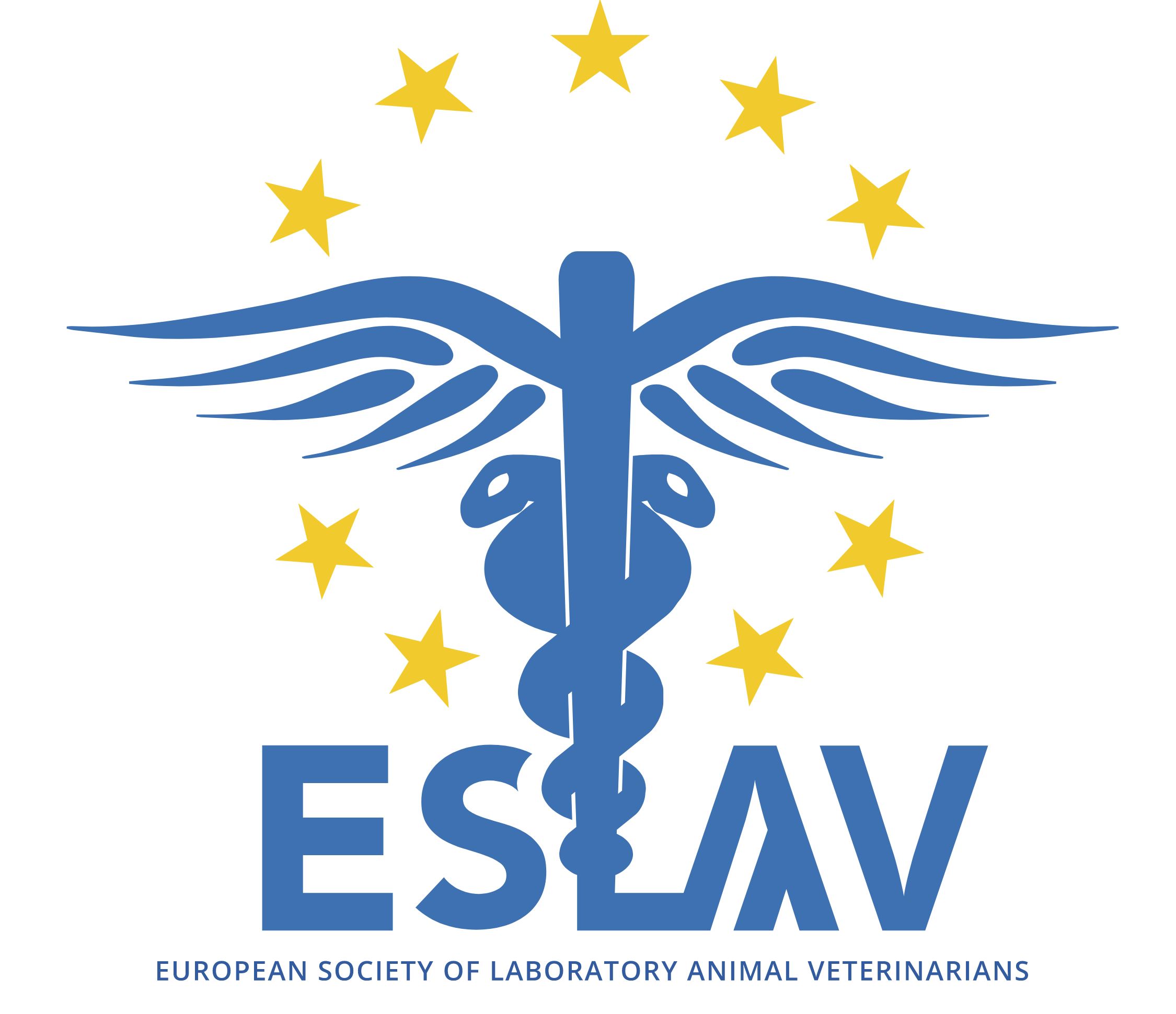Position title: Professor of Laboratory Animal Medicine
Company name: SLU, FACULTY OF VETERINARY MEDICINE AND ANIMAL SCIENCE
City: Uppsala
Country: Sweden
Department of Clinical Sciences
The Department of Clinical Sciences is responsible for undergraduate education, research and in the scientific fields of veterinary medicine, animal care and animal science. The department’s activities mainly concern our common Swedish domesticated animal species (pets) with a focus on anaesthesiology, diagnostic imaging, animal care, epidemiology, laboratory animal medicine, surgery, clinical chemistry, medicine and animal reproduction. Read more about our activities and infrastructure here.
Read more about our benefits and what it is like to work at SLU under the following link.
Subject Area
Laboratory animal medicine is a veterinary specialty that encompasses experimental medicine using animal models for translational and biomedical research relevant to the development of medical, veterinary and biological knowledge. The subject encompasses the knowledge of laboratory animals and their use in research, their biology, diseases, therapy and prophylaxis, anaesthesia, pain relief, experimental techniques, care, handling and ethical considerations in animal use, and legislation. The focus of the subject is to better understand and treat or prevent diseases in animals and humans and includes cattle, sheep, goats, pigs, poultry, horses, dogs, cats and rabbits.
Duties
The holder of the position should within the subject area
- lead and contribute to developing internationally successful research
- apply for external research funding at national and international level
- supervise PhD students and students undergoing residency
- develop and lead undergraduate and postgraduate teaching and postgraduate courses in laboratory animal medicine and adjacent subjects
- actively participate in clinical work and teaching
- distribute research results and other relevant information to society
- carry out administrative assignments within the department, faculty and university
- develop and maintain national and international networks and collaborations with academia, relevant agencies, industries, organizations and society at large
- participate in and enhance the strategic development of the department, faculty and SLU
- collaborate with other research groups within SLU to strengthen the university’s interdisciplinary activities
- be responsible for staff and budget in the subject
- have Swedish as a working language within four years.
Swedish and English are used in parallel at the department. The successful applicant will need to be able to conduct the majority of their duties in English. However, as Swedish is the university’s principal language, the successful applicant will be expected to have professional working knowledge of the language within four years of taking up the position. The department will provide support with language learning.
Qualifications
The successful applicant shall
- have Swedish veterinary identification, or be entitled to obtain one upon application in accordance with current applicable legislation, regulations and directives*
- hold a doctorate and competence as associate professor (docent) or equivalent academic qualifications in a subject relevant to the position
- have international Veterinary Medicine specialist competence (diplomate) or equivalent competence in a subject relevant to the position
- have documented current clinical experience in a subject relevant to the position
- demonstrate research expertise within the subject area
- have demonstrated the ability to lead and develop successful internationally recognised research
- have a proven ability to obtain external research funding in competition
- demonstrate teaching expertise and have the ability to integrate research and scientific perspectives in teaching
- have a good knowledge of English
*Act (2009:302) on activities within animal health care ch. 3. Qualification rules, the Swedish Agency for Agriculture’s regulations and general advice on qualifications for animal health personnel (SJVFS 2016:9) ch. 2. Qualification as a veterinarian, as well as European Parliament and Council Directive (2005/36/EC) of 7 September 2005 on the recognition of professional qualifications.
Assessment criteria
Assessment of the applicant’s suitability for employment will primarily be based on the degree to which the candidate possesses the qualifications required for the position.
The assessment of research expertise will take into account the following:
- completed research initiatives and ongoing research
- ability to independently initiate and conduct successful internationally recognized research
- ability to obtain external research funding in competition
- experience as principal supervisor for doctoral students and post-doctoral positions. As a principal supervisor, the candidate must normally have supervised doctoral students throughout their studies, up until they were awarded their degree of doctor
The assessment of teaching expertise will take into account the following:
- planning, implementation, examination and evaluation of teaching
- the ability to integrate research and scientific approaches into the pedagogical work
- supervisory experience at bachelor, master and international specialist level
- pedagogic vision
- training in teaching in higher education or equivalent knowledge
- both theoretical and clinical work in teaching at undergraduate and postgraduate level
Furthermore, the assessment will consider the applicant’s expertise in
- developing and managing activities and staff within the academy
- collaboration with external stakeholders and society at large
- communicating research and development work
- internal communication and collaboration
The position will be offered to the person who, after a qualitative overall assessment, is assessed to be most suitable to carry out and develop the above mentioned duties and to contribute to the positive development of the organization.
This position offers the vibrant research climate at SLU. The benefits of the position include Swedish family health care provisions, parenting support including generous paid leave of absence policies that allow both parents to care for newborns and toddlers. Additionally Sweden has a well-established pre-school structure as well as an educational system that provides no-cost education through university studies. Find out more facts and stories about Sweden at www.sweden.se
Located in the greater Stockholm region, the city of Uppsala has a rich history and culture, and is a true academic and cultural hub. Find out more about moving, living and working here at https://internationalhub.uppsala.se/
Application deadline
2023-04-24
Contact person
Sarah Hedenskog
Faculty Administrative Officer
sarah.hedenskog@slu.se
Nils Fall
Professor
nils.fall@slu.se
https://www.slu.se/en/about-slu/work-at-slu/jobs-vacancies/?rmpage=job&rmjob=8028&rmlang=UK

